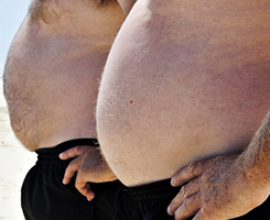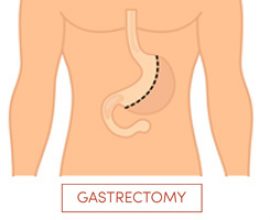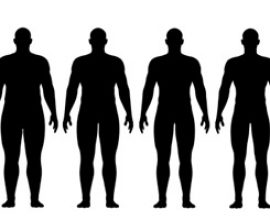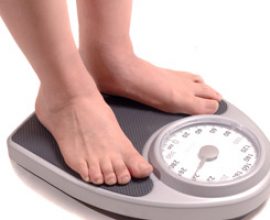10 Reasons Why You’re Not Losing Weight After Sleeve

Sleeve surgery is an effective weight loss option that has helped many individuals lose excess weight and improve their overall health. When performed by an experienced surgeon, sleeve surgery will lead to clear, measurable results.
However, if you’re not losing weight as expected after gastric sleeve surgery, then the reason may be one of the following:
1. You’re not following the post-operation diet.
After surgery, patients are given specific instructions for foods they should eat and foods they should avoid. The diet is specially designed to facilitate healthy weight loss and recovery. The diet is not optional and should be taken seriously.
Patients struggling to follow the diet should speak to their doctor for tips and advice. Ignoring the postoperative diet could make it difficult to lose weight after weight loss surgery.
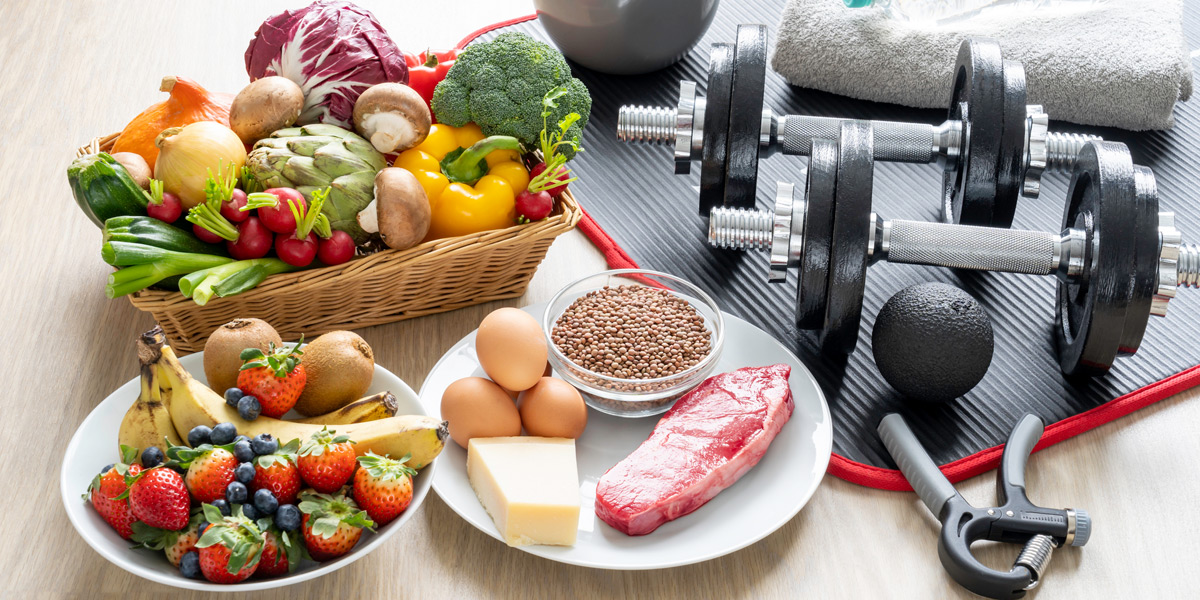
2. You’re not eating enough protein.
Protein is an important part of every healthy diet and key to weight loss. Patients should be eating at least 60 to 90 grams of protein every day to see positive results.
3. You’re eating too much or too little.
Patients should be eating three meals per day and sticking to healthy portion sizes. Eating too little will make patients more likely to binge eat.
It’s important to develop healthy eating habits immediately after weight loss surgery to reduce the risk of weight gain in the future.
4. You’re not drinking enough water.
Patients should be drinking 48 to 64 ounces of water per day. Not drinking enough water can lead to dehydration and make it difficult to flush out toxins. This also has a negative impact on weight loss.

5. You’re consuming alcohol or other liquid calories.
Sweetened drinks like juice, soda, tea, and cocktails lack nutrition but contain high amounts of sugar and calories. Consuming alcohol and high-sugar liquids will make it difficult to lose weight after surgery.
6. You’re consuming unhealthy, or “empty,” calories.
Salty or sweet snacks, very greasy foods, and meals with “empty” calories make it difficult for the body to obtain the right nutrients and lose excess weight. Patients should follow the post-op diet provided by their physician and avoid eating unhealthy foods.
7. You’re not taking the right vitamins.
After surgery, patients need certain vitamins to aid weight loss and support recovery. Patients will be instructed to take a multivitamin, calcium, Vitamin D, and Vitamin B12 to avoid long-term health complications that can arise, such as anemia or bone and kidney disease.
8. You’re eating processed foods.
Patients need to avoid processed protein shakes, food bars, and packaged meals. Even if they’re labeled organic, gluten-free, and “healthy,” they often contain artificial ingredients that increase cravings for junk food and make it difficult to make good food choices.
9. You’re not getting enough exercise.
Weight loss surgery is a tool that should be used alongside regular exercise. Patients need to stick to an exercise regimen and commit to staying active for the rest of their lives. Without exercise, patients are likely to resume unhealthy lifestyle habits.
10. You’re not dealing with stress and anxiety properly.
Prior to surgery, many patients were accustomed to eating as a way of dealing with stress. After surgery, patients need to have a healthy way of dealing with stress to ensure weight loss and full recovery.
Related Posts
5 Risks of Obesity
How Sleeve Gastrectomy Works
The Advantages of Orbera
Are You a Candidate for Sleeve Surgery?
Contact Info
3420 Bristol St #700, Costa Mesa, CA 92626, USA
Orange Location
1310 W Stewart Dr. Suite 310, Orange, CA 92868, USA
*DISCLAIMER
In compliance with 16 CFR 255 and Federal Trade Commission Guidelines on the use of endorsements and testimonials in the marketing and advertising of websites:
The testimonials, statements, and opinions presented on our website are only applicable to the individuals depicted, and may not be representative of the experience of others. The testimonials are voluntary provided and are not paid, nor were they provided with free products, services, or any benefits in exchange for said statements. The testimonials are not indicative of future results or success of any other individuals. South Coast Specialty Surgery Center cannot and does not guarantee the medical outcome or the results of individuals utilizing the services provided by us or the providers in our network, or from any of the websites we link, or refer to. The testimonials and endorsements found on the site for the benefit of the site or individual services or procedures are, to the best of our knowledge, the true statements and beliefs of the individuals providing them. In short, surgery involves risk, results may vary, and outcomes are not guaranteed.
Some pages of this website may feature a depiction of a model showing emphasis of the torso. Product names may be mentioned in testimonials or elsewhere, and are trademarks or registered trademarks of their respective holders. Please refer to our Terms and Risks of Surgery pages for more information. Gastric Sleeve Surgery Centers performs Gastric Sleeve Surgery in Orange County, San Diego, Los Angeles, Riverside County and other location in Southern
California.

